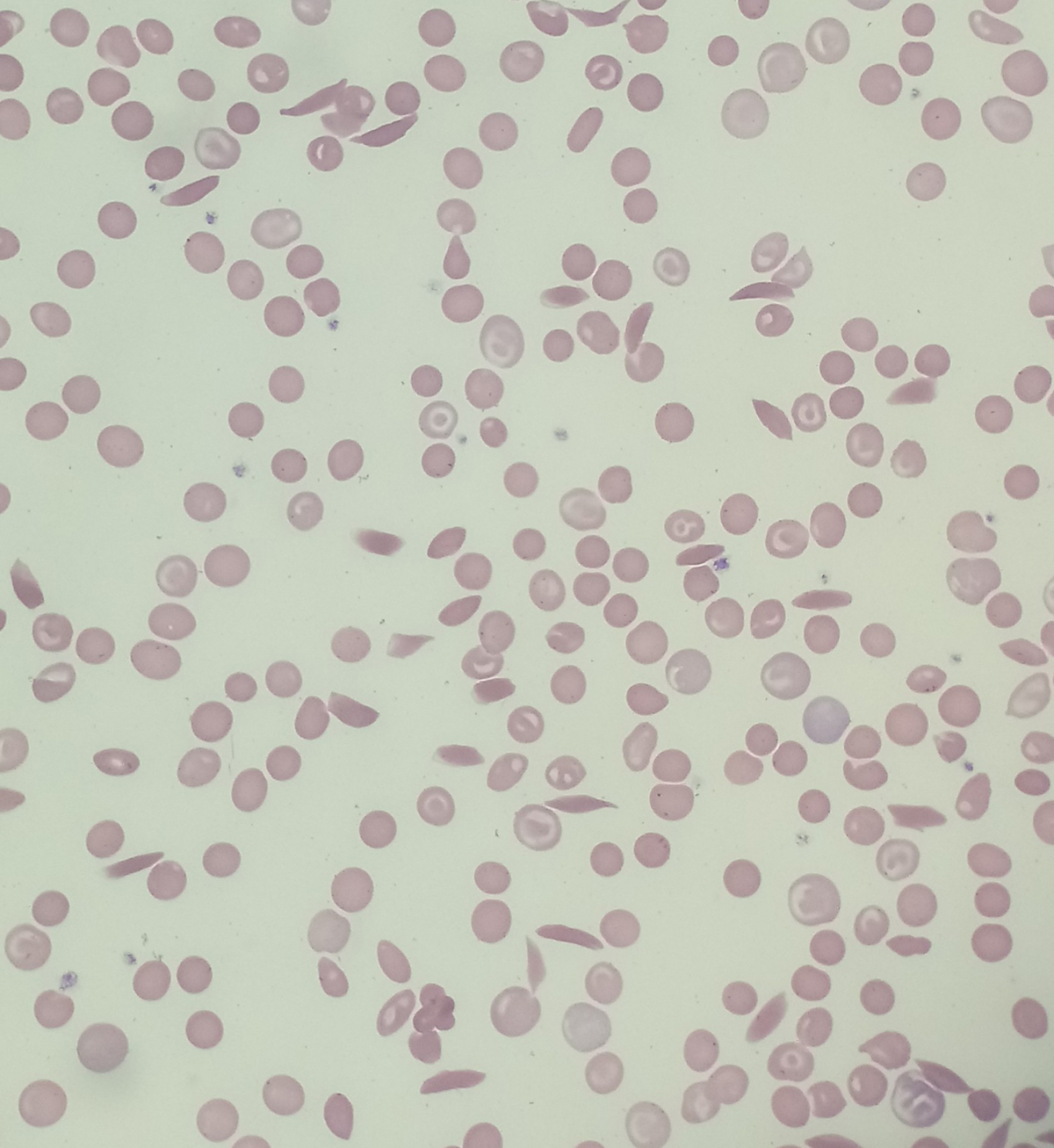
Fanconi anemia (FA) is a genetic disorder seen very rarely. Only one out of every 350.000 children is born with this problem, while people born in South Africa and those of Ashkenazi Jew descent are found to be more likely to have this genetic disease. The majority of people suffering from this disease suffer from bone marrow failure, congenital defects and cancers in some cases. They also do not live for a long time - according to some statistical data, most of these patients do not live more than 30 years.
Children whose brothers or sisters have Fanconi anemia or doctors suspect that the newborn has this disease are tested for FA.
What is Anemia?
Anemia is a medical condition, characterized by low number of healthy red blood cells. Fewer red blood cells means that the blood does not transfer enough oxygen throughout the body and to all its cells and tissues, so patients experience weakness, tiredness and lack of energy. Many of people suffering from anemia complain about cold hands and feet, pale skin, headaches, dizziness, chest pains and shortness of breath.Specific Characteristics of Fanconi Anemia
Babies born with the above mentioned signs of anemia, some birth defects and bone marrow failure, or experience some eating or developmental problems may be suspected to have Fanconi anemia.
Children born with FA may suffer from skeletal or bone defects, have missing or odd thumbs and some of them may have three or more thumbs. There is also abnormal formation of the bones in the hands, arms, legs or hips and scoliosis of the spine. Their skin may be discolored and their ears and eyes could be abnormally shaped. Some of FA patients are born deaf, some of them do not have one kidney or the kidneys are not shaped normally. Congenital heart defects are also frequently seen in these patients, especially ventricular septal defect ( a hole or deformation in the wall between the heart ventricles).
FA patients often suffer from physical and mental developmental problems such as low birth weight, below average height, small head, delayed growth, poor appetite, as well as learning problems and mental retardation.
Adult patients with FA usually have less developed sexual organs (both men and women), fertility problems (men), while women may suffer from later menstruation and problems to get pregnant or to carry a pregnancy to full term. Also, women diagnosed with FA experience earlier menopause than healthy women.
Bone marrow failure causes inadequate production of all blood cells, red and white blood cells, as well as lower production of platelets. Too few red blood cells lead to anemia and in some cases, existing red blood cells may be larger than normal, additionally affecting their work. When a person has fewer white blood cells, he or she is more prone to various infections, while low number of platelets may cause internal bleeding or petechiae.
Besides these blood problems Fanconi anemia may also lead to production of harmful blasts blood cells and sometimes to acute myeloid leukemia (AML, a type of blood cancer).


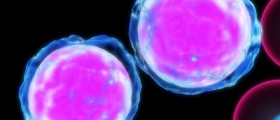


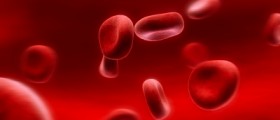
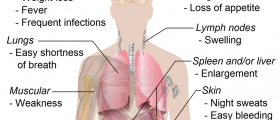
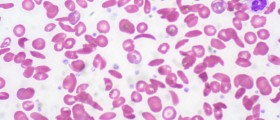

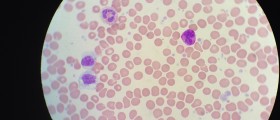

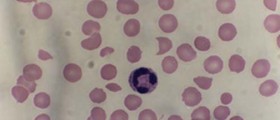

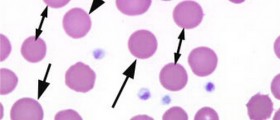
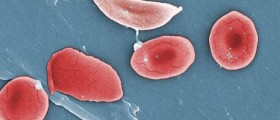

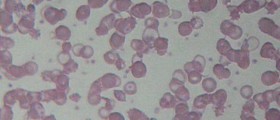
Your thoughts on this
Loading...